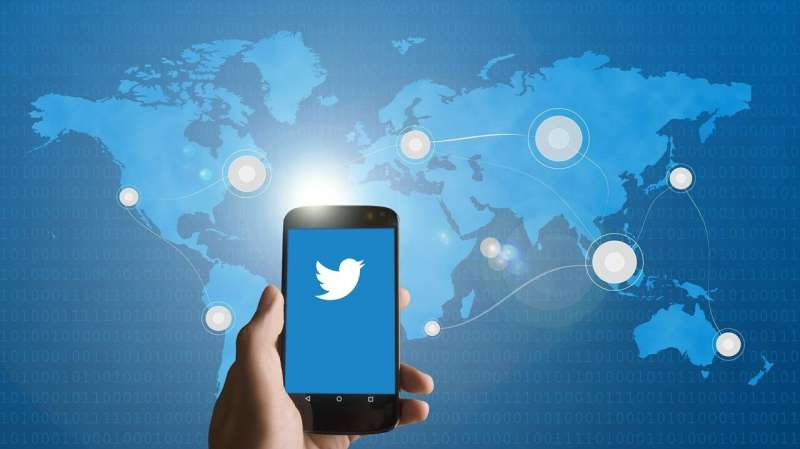
Will Elon Musk, the world’s richest man and prominent social media troll, really buy Twitter with his unprecedented heap of loot as his bid Wednesday suggests, or is he just posturing?
Looking into the past provides little help. Musk is famous for grand schemes, and while some are widely ridiculed as preposterous, others have come to highly successful fruition.
They’ve also gotten him into trouble. He had to pay $20 million for tweets that federal regulators found to be untrue, and his bid for Twitter appears to contain the same joke as one of the tweets that cost him the cash.
When it comes to the button-pushing, freedom-touting mega-billionaire, sorting truth from trolling is often impossible.
What’s certain is that Musk made a $43 billion offer to buy 100% of San Francisco social media company Twitter, documented in a Wednesday regulatory filing that referred to free speech as vital for democracy and asserted that “Twitter needs to be transformed as a private company.”
Unsurprisingly, Musk appears to have inserted a weed joke in his bid, with a seeming reference to the notorious annual pot-smoking day, April 20: He’s offering $54.20 per share. The apparent wisecrack echoed not only the tweeting that got him fined by the U.S. Securities and Exchange Commission—”Am considering taking Tesla private at $420″—but also his infamous joint-puffing on podcaster Joe Rogan’s show, which ended up costing U.S. taxpayers $5 million for a NASA review of Musk’s rocket-ship company SpaceX, a federal contractor, according to Politico.
What’s also certain is that Musk is no fan of constraints on his freedom to do what he pleases. His electric car company Tesla kept its Fremont car factory running for nearly a week in violation of a public health order at the start of the COVID pandemic, with Musk tweeting that an “ignorant” Alameda County health officer was violating “our Constitutional freedoms.”
Hundreds of COVID infections at the plant followed. Tesla, according to several lawsuits it’s currently fighting, allowed racist scrawlings and swastikas to remain on walls in its facilities without taking action, and Black workers have alleged racist abuse by White colleagues.
In February, Tesla agreed to pay $275,000 for breaking federal air quality laws at its Fremont plant over a three-year period—the third time since April 2019 that Tesla had run afoul of environmental or air quality regulations.
Musk has also infuriated astronomers by launching thousands of satellites into near orbit as part of his Starlink internet-from-the-sky company.
Still, there’s no argument that Tesla has been a hugely successful pioneer in the electric car business, which it continues to dominate as major auto makers enter the game. Similarly, SpaceX has become a leader in rocketry, last year becoming the first private firm to send NASA astronauts to the International Space Station.
Yet Musk has also announced plans to colonize Mars—even launching a Tesla Roadster in the general direction of the Red Planet—an ambition broadly dismissed as a fool’s errand. And Musk’s The Boring Company has built tunnels in Las Vegas touted as a revolutionary infrastructure change intended to solve traffic congestion but that performed questionably when unveiled.
Perhaps the most illuminating Musk project, in representing the virtual impossibility of distinguishing between fantasy and feasibility, is Neuralink, his “brain-machine interface” company with an animal-testing lab in Fremont.
The firm is implanting electrodes into rhesus macaque monkeys’ brains in what it says is a bid to overcome paralysis and neurological disorders in people—and eventually allow computer-enhanced humans to outfox artificial intelligence if that technology surpasses human capabilities. An April 2021 Neuralink video suggests that a monkey implanted with Neuralink brain electrodes was able to play a computer game using its mind alone.
Will Musk’s mind monkeys save the human race? Will his underground tunnels fix the world’s traffic problems? Will he someday sell condos on Mars? Will he buy Twitter?
Stay tuned.
Musk says ‘not sure’ his Twitter buyout bid will succeed
2022 MediaNews Group, Inc.
Distributed by Tribune Content Agency, LLC.
Citation:
Tesla CEO Musk’s Twitter bid: Trolling or true? (2022, April 15)
retrieved 15 April 2022
from https://techxplore.com/news/2022-04-tesla-ceo-musk-twitter-trolling.html
This document is subject to copyright. Apart from any fair dealing for the purpose of private study or research, no
part may be reproduced without the written permission. The content is provided for information purposes only.
Stay connected with us on social media platform for instant update click here to join our Twitter, & Facebook
We are now on Telegram. Click here to join our channel (@TechiUpdate) and stay updated with the latest Technology headlines.
For all the latest Technology News Click Here
